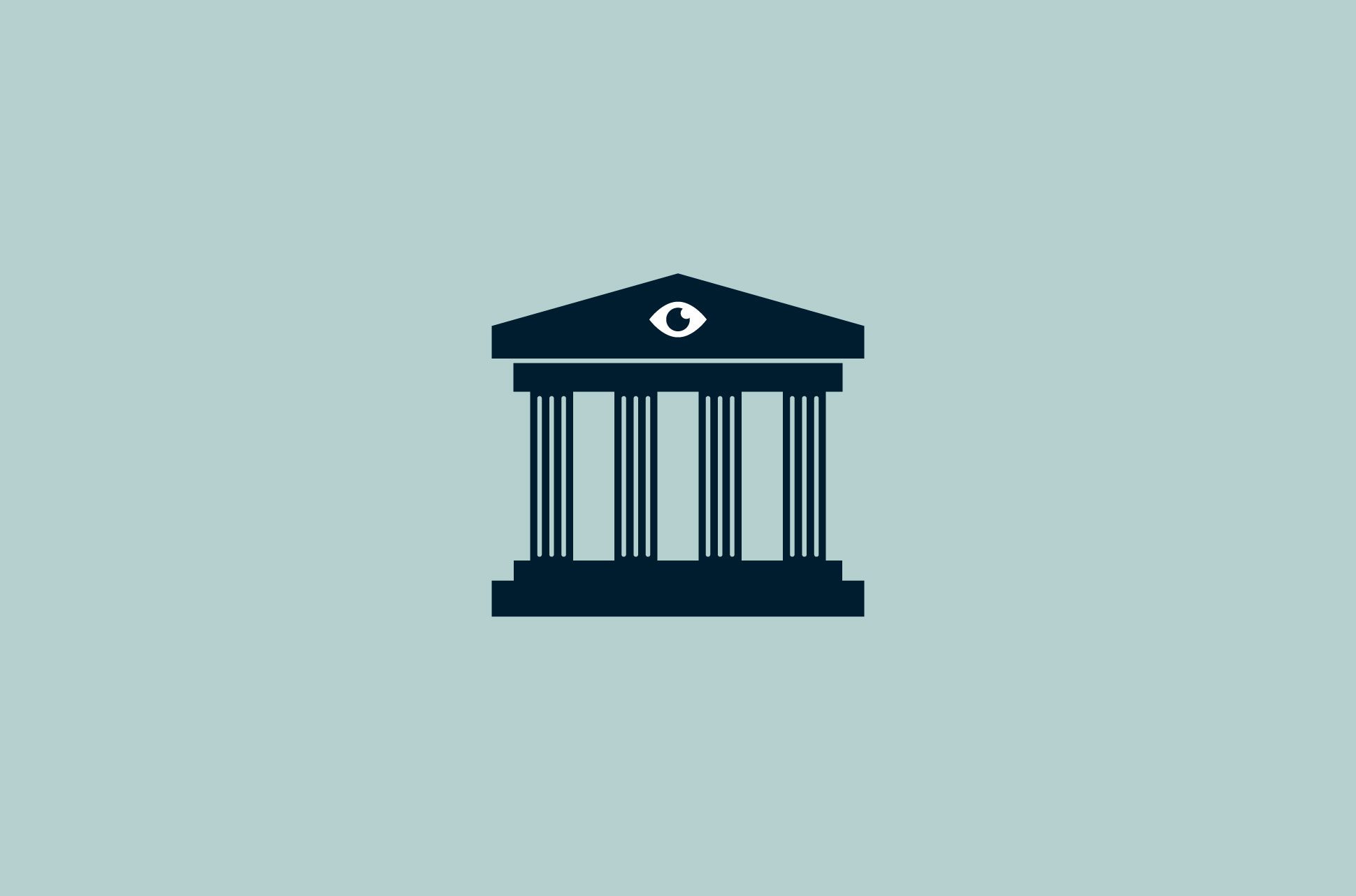
No one knows the full extent of government surveillance, no matter which country you live in. However, if you are someone the government is interested in, then it’s highly likely that the government is watching you. We can assume their powers to monitor are nearly unlimited with unrevealed capabilities.
If you’re a “nobody,” while the government might not be actively interested in your every move, it’s still highly possible that your data is part of mass surveillance efforts and can be retrieved as needed. There are various ways for the government to surveil you, both online and in your real life.
Think you’ve got nothing to hide? Even so, privacy matters. The question is to what extent you’re being watched and what you can do to mitigate this surveillance.
What is government surveillance?
Government surveillance refers to the monitoring, recording, and analyzing of individuals' activities by state entities such as the NSA or CIA in the U.S., or the UK’s GCHQ. This surveillance can take many forms, from intercepting and monitoring communications, such as emails, phone calls, and text messages, to more advanced tactics like deploying CCTV networks and accessing personal data from smartphones, computers, and online platforms.
The growing use of digital technologies in our everyday activities has enabled governments to potentially track the physical movements of individuals through GPS, read their communications, and gather detailed insights into personal lives. All this could be done without their explicit consent or even awareness.
Why does the government spy on us?
The reasons for governments spying on people could be split into two main categories.
Prevent crime and terrorism
A primary objective of government surveillance is said to be crime and terrorism prevention. By monitoring communications and analyzing data, governments can identify potential threats and intervene before they escalate into actual incidents.
This proactive approach aims to dismantle terrorist networks, prevent attacks, and reduce crime rates by tracking suspicious activities and individuals deemed a risk to public safety. However, it involves storing and analyzing vast amounts of data from different sources, including data brokers.
It’s highly debatable whether widespread surveillance through devices like CCTV actually increase public safety. When it comes to national security, even less is known about the effectiveness of surveillance.
Control behavior and apply censorship
Another reason for government surveillance involves controlling online behavior and enforcing censorship. This is often aimed at suppressing dissent, managing political narratives, and restricting access to information that the government considers harmful or undesirable. By monitoring internet usage and communications, governments can identify, filter, and block content that challenges official policies or threatens their control, thereby shaping public opinion and discourse.
Examples of government surveillance
There have been several high-profile examples of secret government surveillance that were exposed.
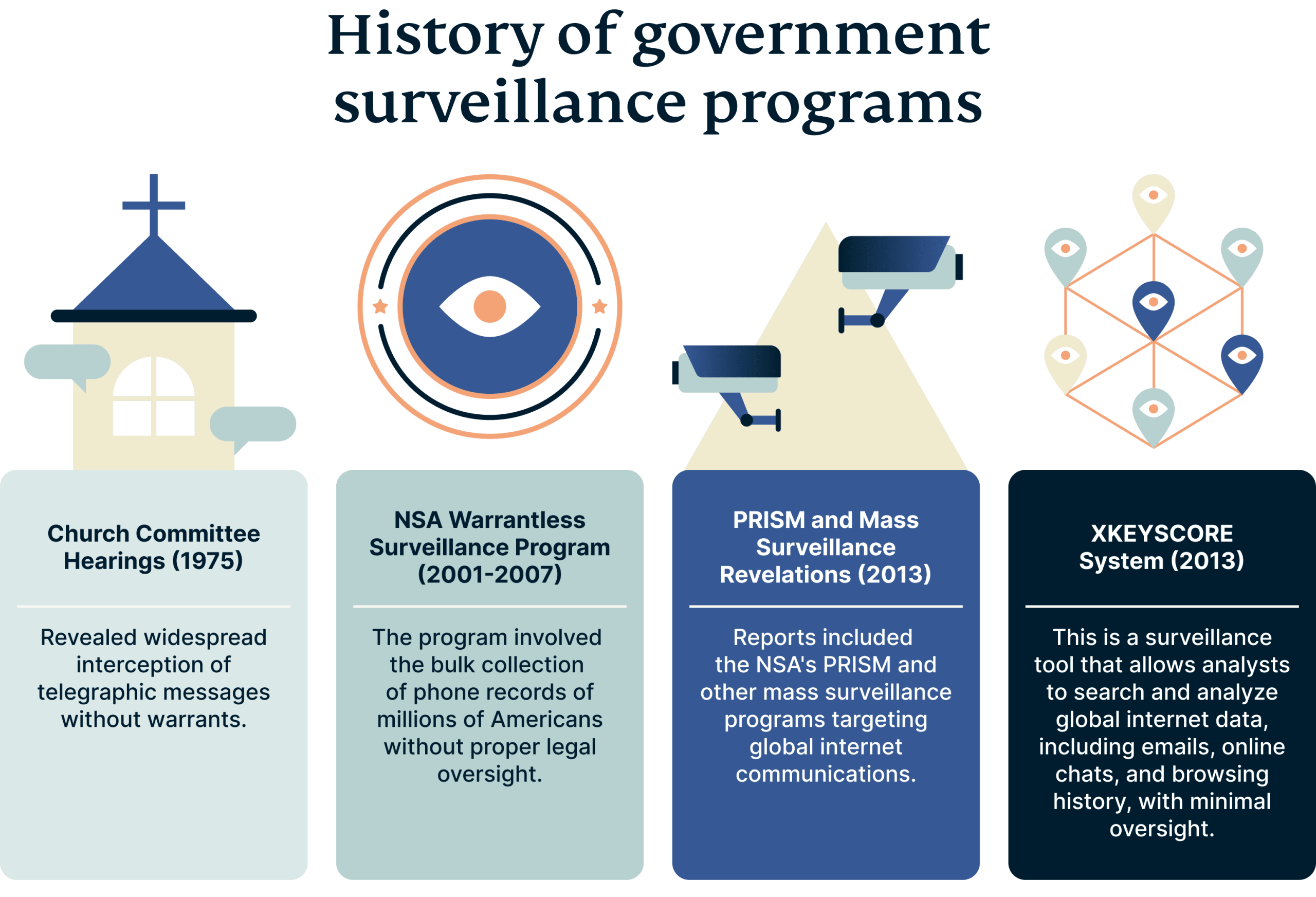
- Church Committee Hearings (1975): Following the leak of the existence of the NSA by whistleblower Christopher Pyle in 1971, the Church Committee, led by Senator Frank Church, conducted extensive hearings revealing widespread surveillance abuses by U.S. intelligence agencies, including the NSA's Operation SHAMROCK, which involved the interception of telegraphic messages without warrants.
- NSA Warrantless Surveillance Program (2001-2007): Reports by The Guardian and The New York Times in 2005 exposed the NSA's warrantless surveillance program, authorized by President George W. Bush after the 9/11 attacks. The program involved the bulk collection of phone records of millions of Americans without proper legal oversight.
- PRISM and Mass Surveillance Revelations (2013): The Washington Post and The Guardian published articles based on leaked documents by whistleblower Edward Snowden, revealing the NSA's PRISM program and other mass surveillance programs targeting global internet communications. These revelations sparked international outrage and debates over government overreach and privacy rights.
- XKEYSCORE System (2013): Further disclosures by Edward Snowden revealed the existence of the NSA's XKEYSCORE system, a powerful surveillance tool allowing analysts to search and analyze global internet data, including emails, online chats, and browsing history, with minimal oversight.
Apart from these high-profile examples, there is also the everyday government surveillance that is viewed as necessary, such as data collection at border crossings or law enforcement’s use of CCTV.
What can the government learn from your metadata?
Metadata, often described as data about data, can reveal a surprising amount of detailed information about an individual's life and habits. While it may not include the content of communications, metadata can show:
- Who you communicate with
- Timestamps of your communications
- Your location at any time
- Duration of calls
- Your preferred methods to communicate
- Email subjects
- Frequency of interactions with certain contacts
From this information, governments can construct a detailed profile of a person's social network, daily routines, interests, and even intentions. The aggregation of metadata over time allows for the creation of a comprehensive picture of an individual's life, making it a powerful tool for surveillance and analysis without ever needing to access the actual content of communications.
How does the government spy on you?
Governments employ various methods to monitor individuals, which range from intercepting digital communications to tracking physical movements.
Governments may use sophisticated methods no one is even aware of. But there are also a number of known, straightforward ways, some that don’t even require them to develop advanced eavesdropping technology.
Social media profile tracking
Your social media accounts, such as Facebook, Twitter/X, Instagram, TikTok, and others, contain data you’ve chosen to share. However, the surveillance is in how that data is processed. AI algorithms can analyze vast amounts of data quickly, identifying patterns, sentiments, and connections that may indicate certain behaviors or intentions. For example:
- Your relationships with other users
- The meaning of your posts’ content
- Your past and current locations
- Gender
- Religion
- Sexual orientation
- Political views
This method allows for the efficient surveillance of public opinions, potential protests, and the spread of information, all under the guise of maintaining national security or public order.
CCTV and facial recognition technology
Facial recognition techniques are among the most advanced technologies authorities currently use to monitor citizens. AI tools used by governments can take the pictures you’ve shared on social media and enter them into a facial recognition database. That’s then paired with CCTV cameras everywhere.
With these systems, authorities can identify and track individuals at public gatherings, protests, or even in their daily lives. This technology integration enables a level of monitoring that can pinpoint a person's location, associations, and activities with unprecedented precision.
Data from tech giants
Tech giants such as Meta (Facebook), Google, and Amazon have lots of information about us, probably even more than governments themselves. The aim is different, though, as these corporations use it mostly for increasing sales, such as via targeted ads or by improving their products.
The problem is that governments can request these corporations to hand over some personal information from their customers. Some corporations, like Apple or Google, tend to fight against overly general requests to protect their users. Still, they’re required to comply with the law, so if there’s a warrant, they can be compelled to submit information such as emails, search histories, and location data, offering authorities a vast collection of personal details.
Data from internet service providers
Internet Service Providers (ISPs) such as Comcast, AT&T, Verizon, and others in the U.S. are major pieces of government surveillance because they are the gateway to vast amounts of user data. Governments are known to request data from them.
With the ability to track customers’ online activities, ISPs can provide governments with detailed records of websites visited, search queries, and even the time of online communications. It can provide a comprehensive overview of an individual's internet usage.
Hacking
While a normal citizen won’t have to worry about the government hacking their phone, this should be a concern for people who do have something to hide from the government, whether it’s activists, journalists, spies, or criminals. In the past, spyware like Pegasus has been revealed to be used by governments to spy on people, with advanced technology that allows the software to be installed without the target even clicking on anything.
Included in the Edward Snowden revelations were mentions of intelligence agencies exploring using smart TVs as covert listening devices and the use of GUMFISH malware, which can remotely control webcams, turning them on without the light indicator coming on.
How can you tell the government is watching you?
It’s entirely possible for the government to watch you without any signs. If there are signs, they are very obvious:
- You know you are a person of interest to the government. For instance, a government agency has contacted you in the past or interviewed you.
- Someone seems to be following you. This might include the same car you keep seeing behind you as you drive or people who follow you on foot for long distances.
- Odd behavior from people you’re communicating with. Does someone you’re sending messages not sound like themselves? Do they now know certain details that they should? You might be texting a spy who’s impersonating your friend.
- Your device cameras turn on unexpectedly. This might not mean the government is spying on you, but if you have reason to believe you’re of interest to the government, then they could be trying to listen to you or watch you through your device microphones or cameras.
How to avoid the government spying on you
While knowing about government practices may worry you, there are some measures you can take to eliminate or severely limit your government’s ability to track your online whereabouts.
1. Don’t overshare your personal information on social media
Minimizing the amount of personal information you share online is a crucial step in reducing your visibility to government surveillance and even social engineering efforts. Every detail you post, from your location to details about your daily life, can be collected and analyzed.
By keeping your profiles private and being selective about what you share, you can decrease the likelihood of your data being used to monitor your activities or profile your behavior.
2. Ensure communications are encrypted
Avoid transmitting sensitive information, such as personal identifiers or financial details, through unencrypted channels online. Government agencies can intercept unsecured communications, meaning there’s the need to use encrypted messaging apps and secure email services for sharing private data.
Ensuring your communications are encrypted significantly reduces the risk of surveillance and data interception, especially if you live in a country with strict censorship. End-to-end encryption is the gold standard, but there’s no telling what capabilities governments have developed to break it. Remember that even though apps like WhatsApp and Messenger use end-to-end encryption, they still collect metadata about when you use them and your location.
3. Stay away from shady apps and links
Malicious apps and links are common tools for hackers or cyber criminals to gain access to your devices and data. Always verify the legitimacy of apps before downloading them, and be cautious when clicking on links from unknown sources. These precautions can help protect you from malware and spyware designed to surveil your online activities and personal information.
4. Use a VPN
A Virtual Private Network (VPN) is essential for protecting your online privacy and securing your internet connection from surveillance. By encrypting your online traffic, a VPN download ensures that your communications, browsing activities, and data transfers remain private and masked from third parties such as internet service providers.
ExpressVPN offers robust encryption and a strict no-logs policy to safeguard your online activities. Additionally, the post-quantum encryption found in ExpressVPN’s Lightway protocol is especially effective in safeguarding your data from the most advanced computing technologies. This offers immediate and future protection for your data.
5. Cover your webcam
A simple yet effective measure against surveillance is to physically cover your webcam when it's not in use. This prevents hackers and government agencies from covertly seeing you through it, offering peace of mind. You can use a webcam cover or even a piece of opaque tape.
6. Avoid IoT devices
Internet of Things (IoT) devices, while convenient, are vulnerabilities in your personal security network due to their lackluster security features. These devices can provide surveillance opportunities by collecting and transmitting data about your daily habits and personal life. If privacy is a paramount concern, consider minimizing the use of IoT devices or avoid connecting them to the internet unless strictly necessary to reduce the risk of government surveillance.
7. Don’t open suspicious emails
Phishing emails are a common method to compromise your online security, potentially opening doors for government surveillance. These emails often mimic legitimate sources to trick you into revealing sensitive information or installing malware. Always verify the sender's authenticity and avoid opening attachments or clicking links in emails, even if they don’t look suspicious, as they can be gateways to surveillance and data breaches.
8. Don’t transmit data online that might harm you
Exercise caution with the information you share or transmit online. Avoid sending or posting anything that could be used against you or compromise your privacy. This includes sensitive personal information, controversial opinions, or anything government entities could interpret unfavorably if you live in a country with strict censorship.
FAQ: About government surveillance
Does the government have the right to spy on you?
- United States: Laws like the Patriot Act and the Foreign Intelligence Surveillance Act (FISA) allow for the collection of telecommunications and financial records for national security purposes, often requiring a warrant or special court order.
- United Kingdom: The Investigatory Powers Act grants extensive powers to monitor internet communications and collect internet connection records for safeguarding national security, with certain legal safeguards.
- Australia: The Telecommunications (Interception and Access) Amendment (Data Retention) Act mandates telecommunications providers to retain data for two years, accessible to security agencies under specific conditions.
In many jurisdictions, government agencies must obtain warrants or demonstrate probable cause to surveil citizens, especially within private communications. However, the extent of legal oversight and the conditions under which spying is permitted differ significantly, with some countries allowing more expansive surveillance practices than others.
Is the government watching through my iPhone?
Can the government see your camera?
Does the government know what I’m searching for?
Can the government see my texts?
Take the first step to protect yourself online. Try ExpressVPN risk-free.
Get ExpressVPN

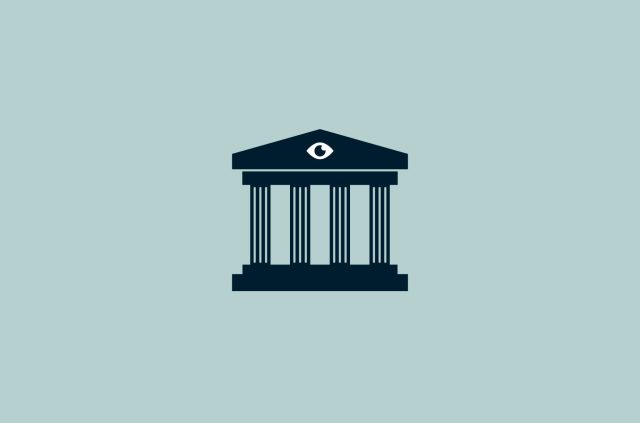
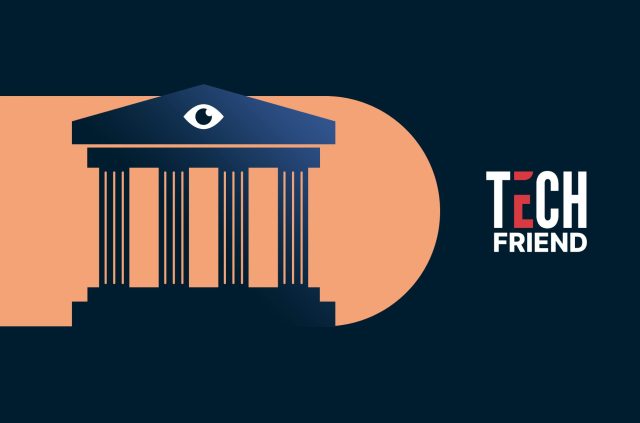

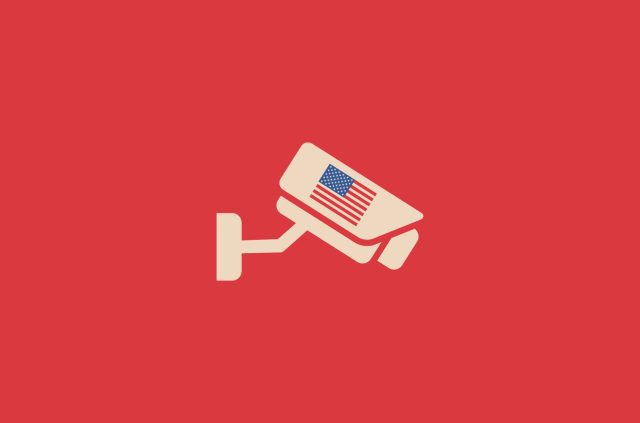
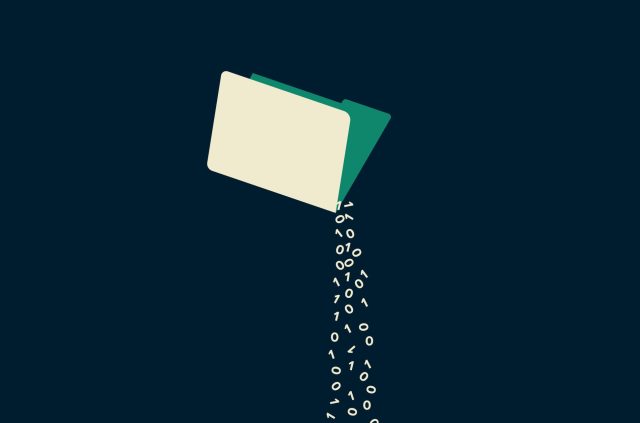

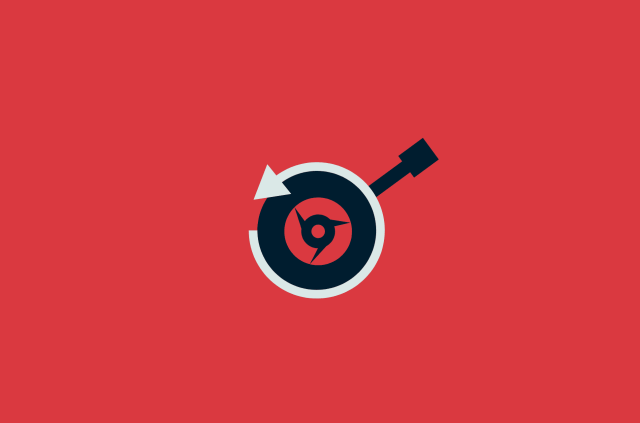
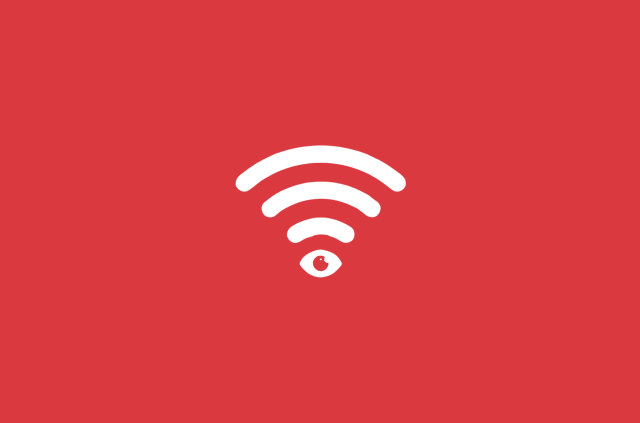
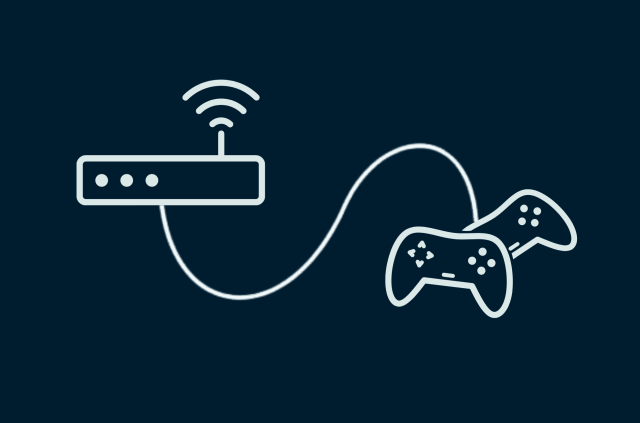
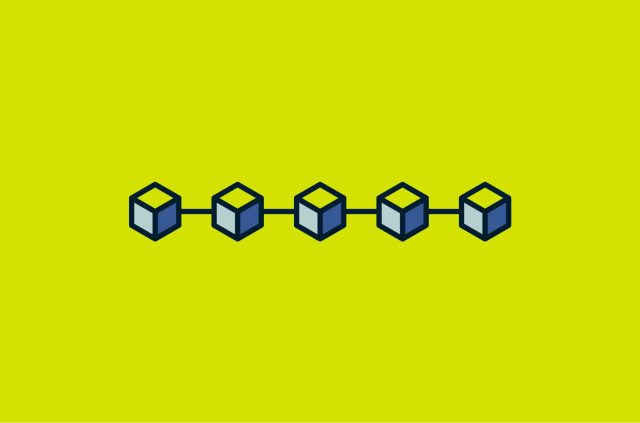
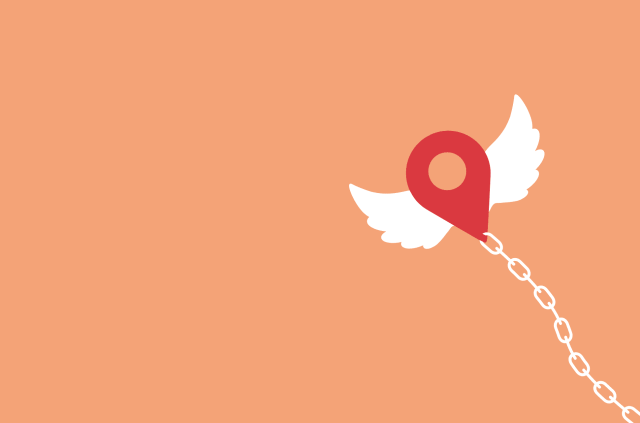




Comments
Hello. it seems your posts are geared more towards the USA and other countries as I have not read articles that include any Canadian issues or the like. Would you consider this considering you have Canadian consumers that purchase your product? Thanks